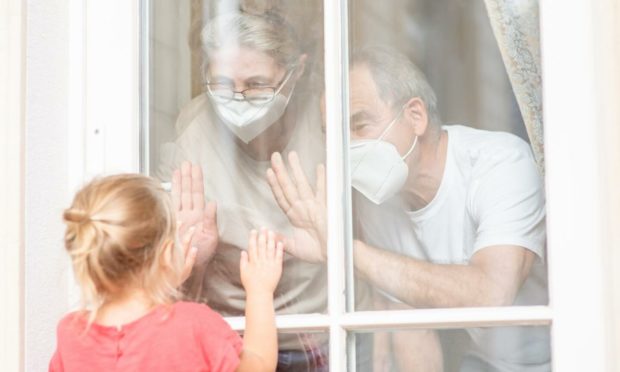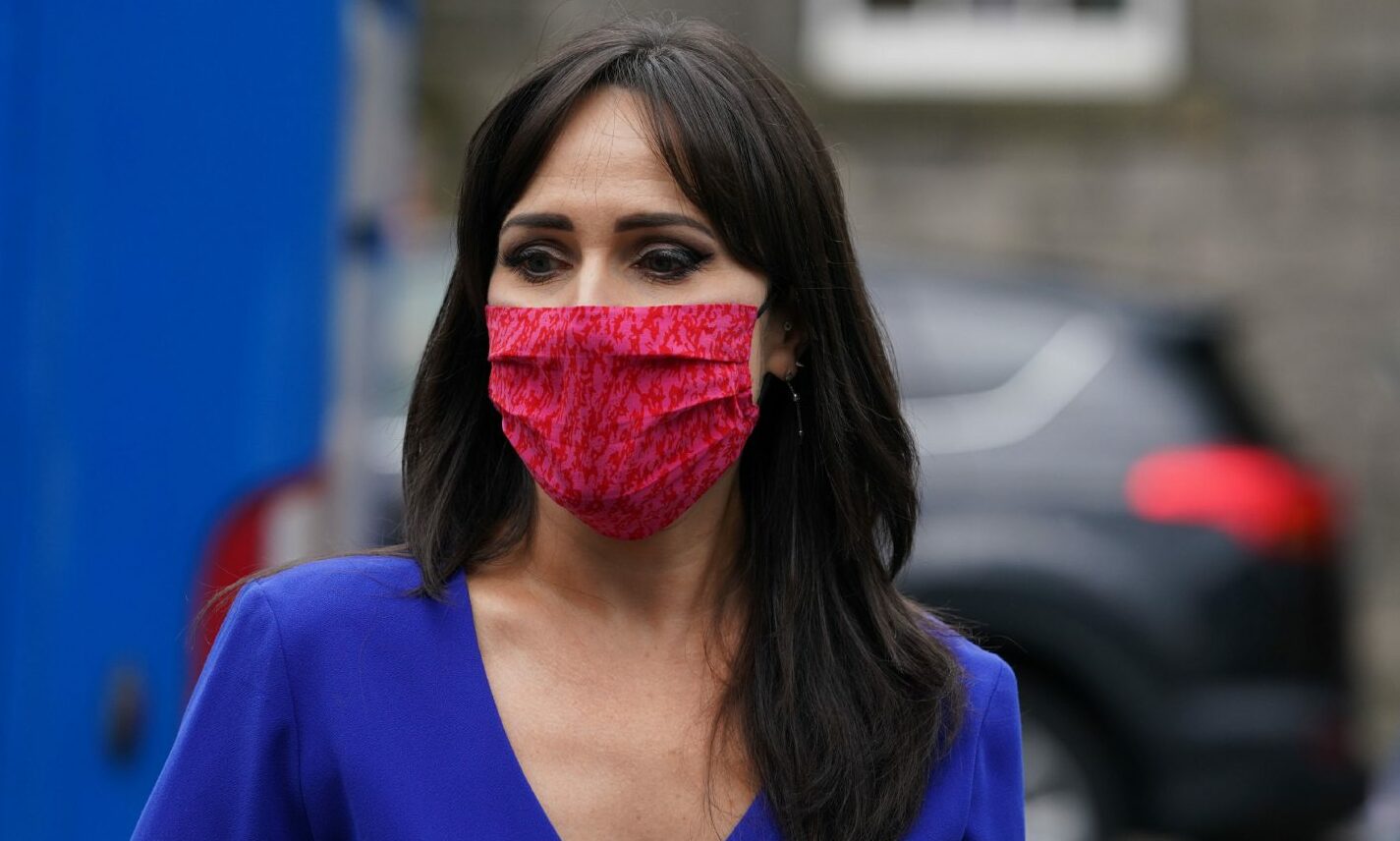A Scottish study has found a single dose of Covid vaccine is just as effective for people who were shielding as it is for the rest of the population.
Those classed as “extremely clinically vulnerable” are six times more likely to experience severe Covid-19 complications leading to hospitalisation or death.
There were fears the coronavirus jabs would not work as well in these people due to their weakened immune systems.
But research by Public Health Scotland and Edinburgh University has led to “hugely encouraging” findings.
‘Continue to take extra precautions’
Analysing data from more than 100,000 people, they found a single Covid vaccine dose was just as effective – or even more so – in vulnerable people who had been shielding as in those without high-risk conditions.
However, they say more studies are needed for people who have received organ transplants, as there is not yet enough data to draw any solid conclusions.
Dr Nicholas Phin, director of public health science at Public Health Scotland, said: “This should bring welcome news to those who are at most risk across the country.
“However, caution is still needed.
“Restrictions continue to ease and case rates remain high, meaning that all people, especially those who are at most risk, should continue to take extra precautions until fully vaccinated with two doses.”
Preparations for booster ‘firmly underway’
A Covid booster programme is expected to be rolled out this autumn to provide additional protection against the disease.
As the jabs are still new, there is limited information on how long the protection from them will last – with the additional roll-out seen as “precautionary”.
Deputy Chief Medical Officer Nicola Steedman said: “(The study) provides very welcome initial evidence that, for those in the majority of highest risk groups, the vaccine is as effective in preventing severe Covid disease as in the control population who were not in these highest risk groups.
“While full details of the Covid booster vaccination programme are still to be finalised, we expect this will begin with those at highest risk this autumn, with our preparations already firmly underway for that.”

